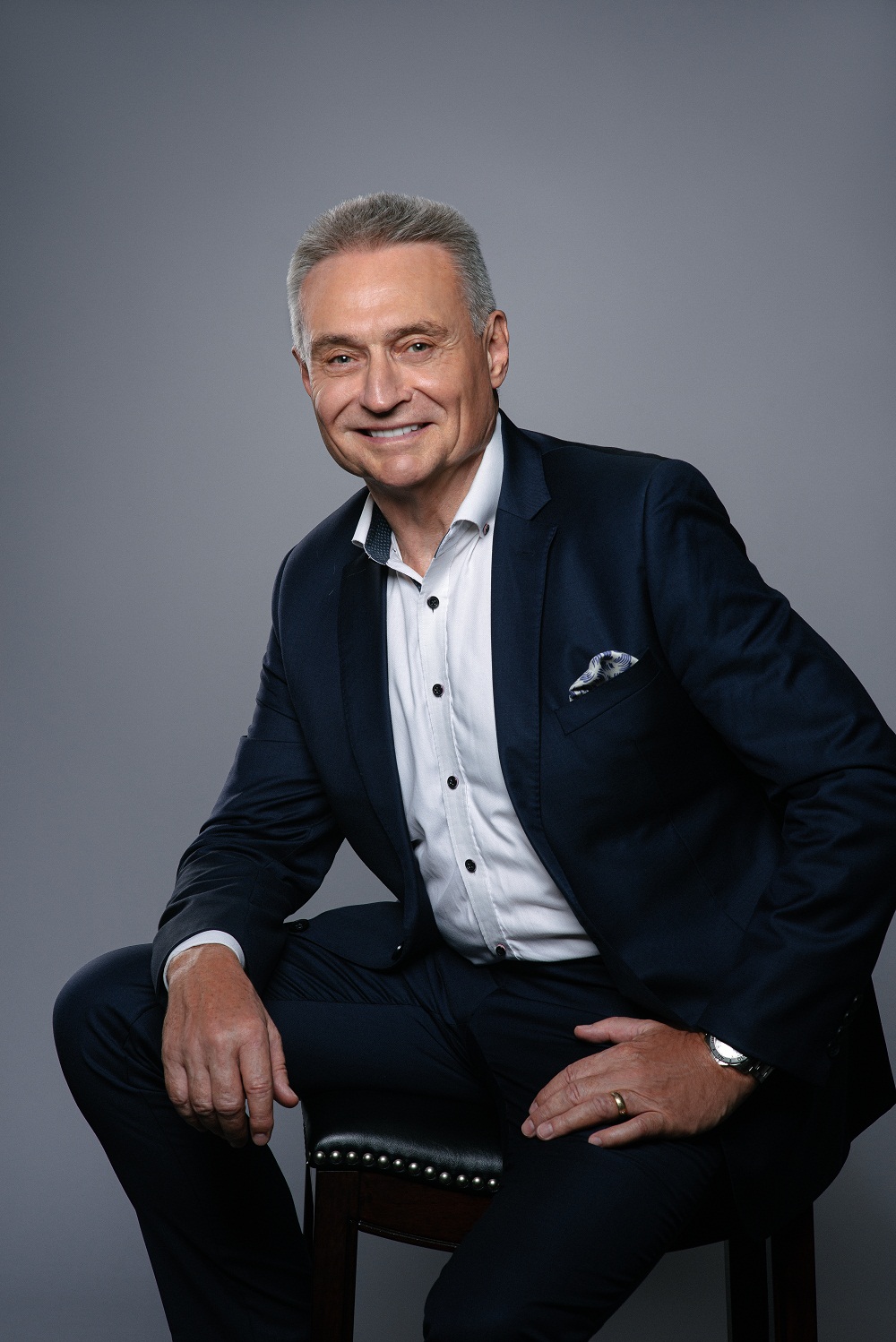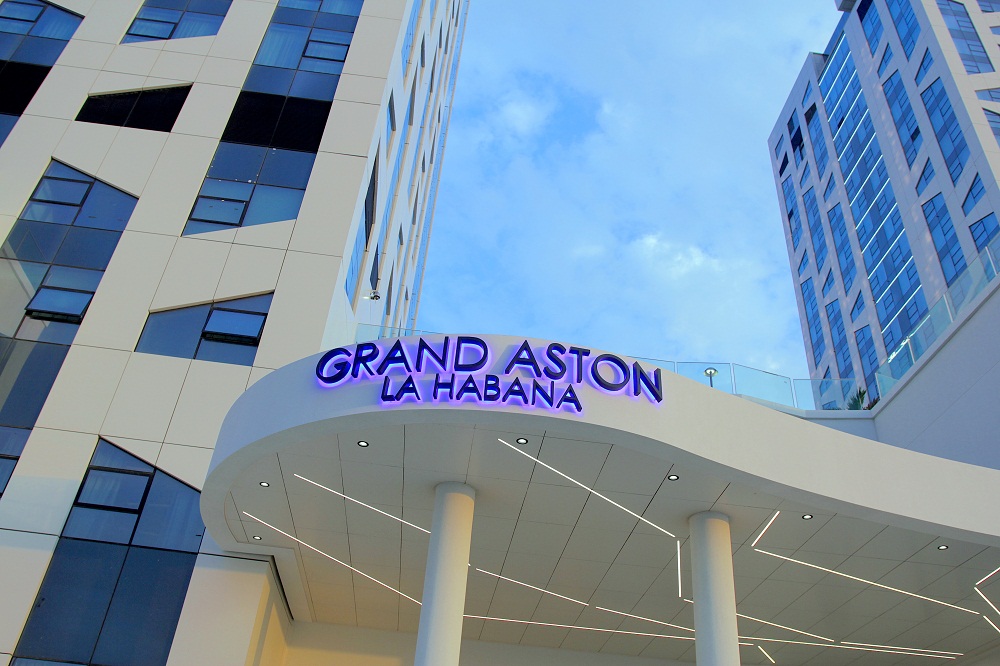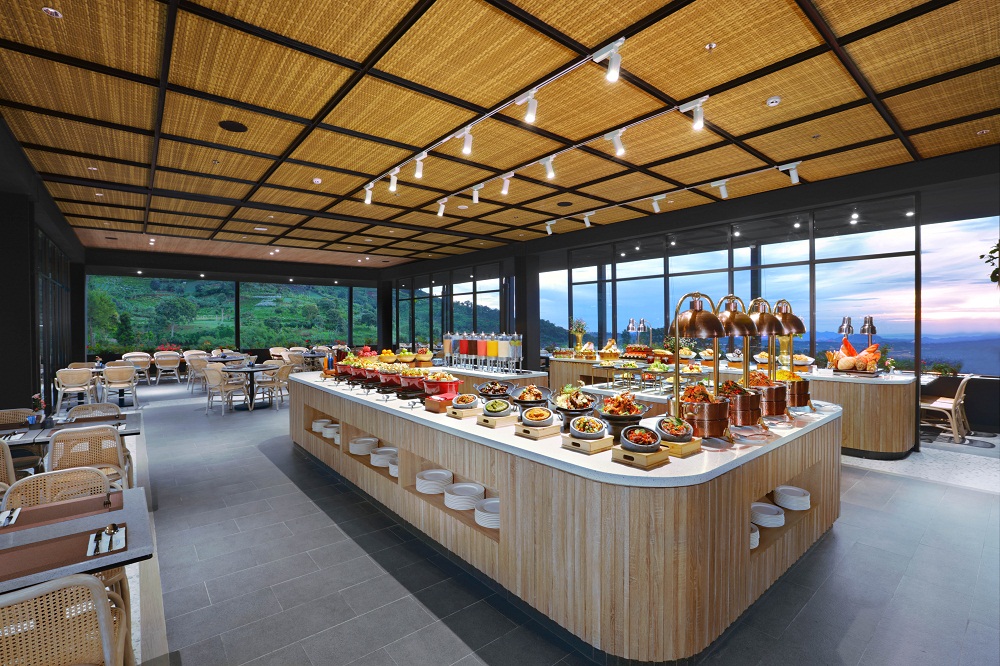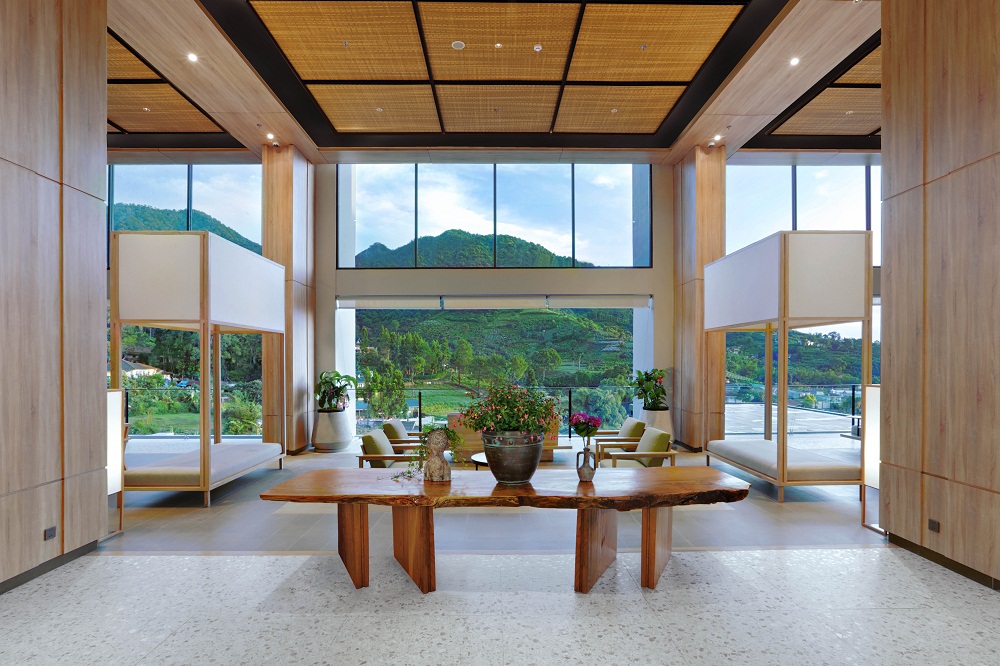When he greets you, John Gardner extends his warmest welcome with a big smile. Everything that emanates from this individual exudes a feeling of intimacy and simplicity while remaining highly professional. John discusses with Epicure, his former career, and professes his desire to provide the greatest quality resort experiences to Vietnam.

As the largest privately owned hotel management group in Southeast Asia, what advantages and difficulties do Archipelago International enter the Vietnamese market?
Our advantages are that we bring fresh new brands to the Vietnam market, alternatives to the existing brands. Secondly, we are based here in Vietnam with many years of experience in the country and can talk to owners/developers directly and make decisions very quickly. We don’t need to revert back to a head office somewhere. Thirdly, we are very flexible in our brand standards and, due to our very lean organization, our fee structure is very competitive and very transparent with no hidden fees. The disadvantages we face are the same as with any new company, it always takes time to get established with the first contracts, and then the business will take off.
Why did Archipelago International choose to cooperate with Vietnam-based asset management and hospitality consultancy firm Optimum Hospitality?
The partners of Optimum Hospitality, Martin Koerner and myself are reliable, well respected and well established in the country as professional hoteliers having been in Vietnam for many years bringing a wealth of local knowledge and contacts to the table
.jpg)
Formerly General Manager and then General Director of Caravelle Hotel in Ho Chi Minh City from 2007 to 2021, how do you evaluate the prospects of Archipelago Indochina’s success?
I believe the timing is perfect. Coming out of COVID, the hotel development pipeline is extraordinarily huge, with many developers recognizing the potential in what was previously an underdeveloped market. Prior to COVID, the tourism industry’s growth trajectory was climbing steadily and will no doubt pick up from where it left off in 2019 with a huge amount of pent-up demand to travel to Vietnam for both leisure and corporate business.
What will Archipelago Indochina support independent hotels in Vietnam and connect them with partners?
We can support independent hotels in a number of ways. Firstly, we could take over management of the hotels and either brand them with one of our 10 brands or have them keep their existing brand as a “white label” management contract. Secondly, they could plug into our system called Powered by Archipelago (PbA) which takes care of their: distribution system, online sales and marketing, connects them with over 3,000 OTA’s, revenue management, frequent user program, booking Engine and rate Loading, etc. All this without actually managing their hotel, should they wish to continue managing themselves.
Archipelago operates more than 150 hotels including brands such as Aston, Collection by Aston, Alana, Huxley, Kamuela, Harper, Quest, Neo, fave, Nordic and Powered by Archipelago. None of these hotel brands are in operation in Vietnam, Cambodia or Laos at present. Is this because the Indochina market does not have enough potential for development or is there any other reason?
In the past 25 years, since Archipelago International started operations, it has focused its development in Indonesia and Malaysia. More recently, it has spread its wings to the Caribbean, the Middle East, and the Philippines. As the desire to expand globally increased, Vietnam then came into the picture as tourism to this country, pre-covid, also started to grow swiftly and opportunities began to present themselves. The search for the right partners then commenced.

What suggestions do you have for the Vietnamese government to support hotel businesses to develop after the pandemic?
Our key suggestion for the Vietnamese government to increase tourism is to firstly open visa free entry into the country to significantly more countries than is presently the case. Secondly, increase the length of stay from 15 days to at least 30 days or even 3 months. And thirdly, invest in marketing Vietnam more effectively to the world through strategic marketing campaigns.
Can you share more about five new contracts of Archipelago Indochina?
These contracts are with smaller independent hotels with PbA contracts to help them significantly increase their online business. One of these is in Phu Quoc, the other four are in HCMC.

What are the commitments that Archipelago Indochina will bring to customers and society as well?
Archipelago International is committed to environmental sustainability throughout all of our hotels, and this will continue in Indochina as well. We also make a point of hiring all local staff, even in senior management positions. However, this will depend on the size and complexity of the property. For all new and renovation projects, we insist on using locally made items as much as possible throughout the project. All our senior management live here in Vietnam, therefore we are easily accessible to our guests and business partners alike.

In your opinion, will Archipelago International’s entry into the Indochinese market be more difficult than Archipelago International’s access to the Cuban market many years ago?
Entry into Indochina should be significantly easier than entry into Cuba, firstly due to myself and my partner, Martin Koerner, having lived here for many years and therefore have extensive local market knowledge. Secondly, being in close proximity to Indonesia, where we have Archipelago International support. And thirdly, Vietnam is a better environment to do business in and doesn’t have the supply chain and embargo issues that Cuba does.
